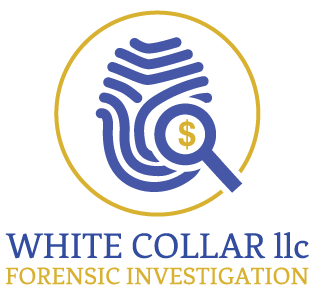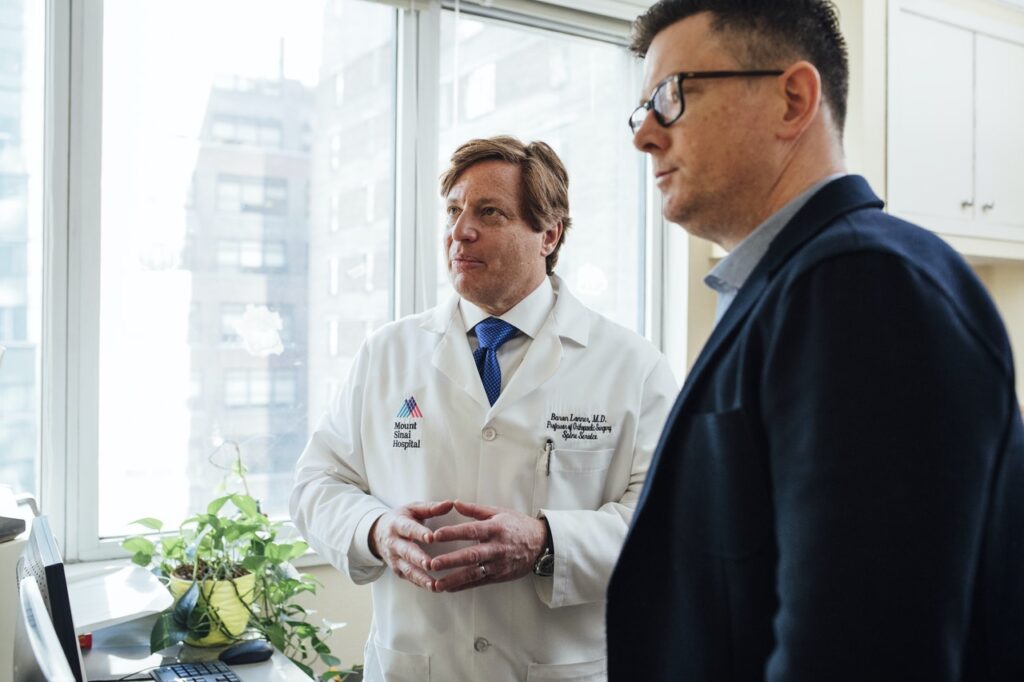Current estimates place percentages on healthcare fraud and abuse at between 3% and 10% of every claim submitted, which translates to an approximate value of just over $300 Billion annually. Certainly, this has a crippling economic effect on healthcare programs and delivery systems, obviously affecting operations and opportunities to provide leading-edge care.
These numbers are supported by Health and Human Services/Office of the Inspector General (“HHS/OIG”) as well as the National Health Care Anti-Fraud Association (“NHCAA”) and while the exact numbers elude calculation and reporting, the estimates are staggering in and of themselves!
Lauren Hersch Nicholas, assistant professor at Johns Hopkins Bloomberg School of Public Health and a widely respected author reports that healthcare fraud and abuse resulted in approximately 7,000 deaths in 2013 alone, all of which were deemed “premature”. This further exemplifiesJohns Hopkins’ statistics which reflect that patients who received healthcare services by providers later excluded/debarred from participating in federal and/or state healthcare programs (for healthcare frauds and/or abuses) were between 14% and 17% more likely to die than those who received healthcare services by providers who followed the rules.
The populations who are most affected by federal and state healthcare programs are those enrolled in Medicare (typically those over age 65) and Medicaid (aged, blind, disabled, children, long-term care residents, and others, many of whom are without other means to access healthcare. Federal and state healthcare programs are fraught with bad actors committing fraud and abuse. The fact that these populations are disproportionately targeted provides a logical connection that they are the ones who will suffer most from nefarious actors and their schemes to game the systems.
The almost 7,000 documented deaths, discussed by Ms. Hersch Nicholas, are beyond troubling and suggest that efforts by States and the federal government be redoubled to curb fraud and abuse schemes, large and small. Sadly, the connection between improving one’s financial status by taking advantage of those who need the most and often the best care, demonstrates the premise that healthcare fraud and abuse is much more than a simple financial, “no-one-gets-hurt” crime.

